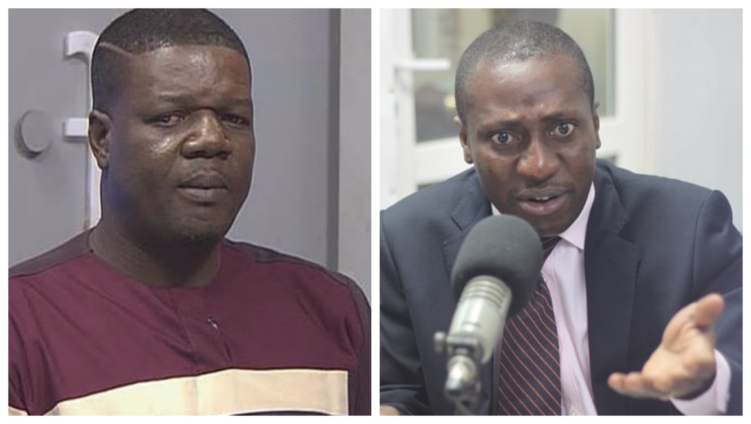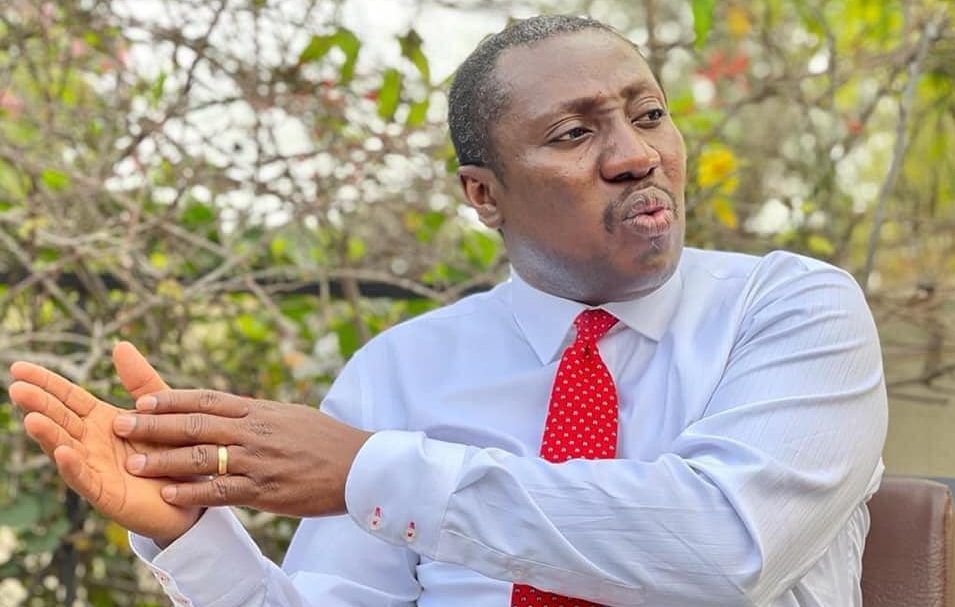
The Minority Leader, Alexander Afenyo-Markin, has filed a motion to vacate the ruling of the First Deputy Speaker Bernard Ahiafor, which sustained a preliminary objection to a private member’s motion.
The motion numbered 16 was seeking parliamentary consideration of the Chief of Staff’s directive concerning mass revocation of public sector appointments.
According to Mr Afenyo-Markin, the ruling which “fundamentally misconceives the nature and application of the sub judice rule, erroneously subordinates Parliament’s constitutional mandate to the mere existence of related litigation and estab lishes a dangerous precedent that threatens the very foundations of parliamentary democracy in Ghana.”
He made the application on the Floor of Parliament on Friday in Accra.
Mr Afenyo-Markin cited the Supreme Court’s recent decision in Vincent Ekow Assafuah versus Attorney General, which allegedly held that a constitutional body could not be restrained from performing its mandate by the mere filing of an action.
He indicated that only an express court injunction, supported by cogent evidence of irreparable harm, could halt the constitutional functions of a state institution.
He argued that the mere pendency of the action cannot, therefore, justify parliamentary inaction.
“Mr Speaker, Parliament’s deliberative function cannot be suspended simply because a citizen has chosen to file a lawsuit touching upon a similar subject matter,” he added.
Mr Afenyo-Markin who expressed worry at the potential dangers of the ruling, stated that it “creates a perverse incentive structure whereby any individual could effectively silence Parliament by filing a lawsuit touching upon matters of public debate.”
The Minority Leader, therefore, urged the Speaker to exercise the revisionary jurisdiction conferred by Order 127 of the Standing Orders of the House to set aside the ruling and restore Motion No. 16 to the parliamentary agenda for debate.
Such an action he explained would reaffirm Parliament’s constitutional independence, protect the integrity of democratic accountability, and ensure that urgent matters of national importance receive the attention they deserve.
BY LAWRENCE VOMAFA-AKPALU











